In 2016, the worldwide video game industry generated over $91 billion in revenues, mostly through mobile platforms like the iPhone and iPad. With its reluctance to serve hardcore gamers, Apple may be leaving some money on the table — but, perhaps, understandably so.
First, a look around at the gaming landscape. Arguably, the iPhone and iPad are the premiere destinations for "casual" games — quick-play titles like "Pokemon Go," "Words With Friends," or "Clash Royale." Both devices are extremely popular with the public, and the App Store is the most profitable option for developers.
It's profitable for Apple too, which takes a 30 percent cut from most App Store transactions. This snowballs even further with so-called "free-to-play" games, which when successful generate a steady supply of micro-transactions.
Apple does plenty to accommodate casual games. In fact it promotes them right up front at the App Store, and often features them in other marketing. Arguably, the graphics hardware in iPhones and iPads is built with gaming in mind, and there's not much call for its Metal API if not to power games and a few 3D-heavy productivity apps.
Where things take a turn is in trying to find "serious" games — complex ones that might take some time to beat. They do exist on iOS, as evidenced by titles like Nintendo's "Fire Emblem Heroes," but there's nothing on the App Store on par with console and PC titles like "Dark Souls," "Civilization VI," or "Titanfall 2."
A lot of that can be chalked up to interface problems. Smaller screens mean less room for buttons, graphics, and text, and a touchscreen is a horrible control option for genres like first-person shooters or anything else requiring fast, precise input. That could be solved by some sort of standard external controller, but Apple has never made one of its own, and third-party options have been a mixed bag at best.
Apple's attempt at an online service like Xbox Live or the PlayStation Network — Game Center — has meanwhile failed, and indeed was so neglected that when it did die, it took some people a while to notice.
Mac is a somewhat better place for hardcore gamers thanks to elements like faster processors and better control options, not to mention access to third-party services like Valve's Steam.
Here, though, there's at least one overriding problem: the price-to-performance ratio. Macs are usually far more expensive than comparable Windows PCs, and all of them — except for the outdated, $2,999 Mac Pro — rely on weaker mobile graphics cards, if not integrated Intel graphics. A $1,500 gaming PC can easily wipe the floor with a $2,299 iMac.
An iMac is just fine for casual or moderately demanding games, but let's face it: it's not going to attract "Call of Duty" players.
There's also a vicious cycle in the Mac gaming library. While the situation is improving, developers will often skip the Mac not just because of hardware and software compatibility, but because the audience is smaller than mobile, consoles, or PCs. Because there aren't that many games, people don't turn to Macs for gaming. Rinse, repeat.
Why Apple should cater to the hardcore market
Reduced to the naked truth, the answer of of course is money. Many hardcore players are prepared to spend thousand of dollars on their hobby each year, including not just games but systems, accessories, and upgrades. Top-end gaming PCs, especially with VR headsets, can easily push $2,000 to $3,000 or more.
Consider also how much app revenue Apple might bring in if it were a first-choice platform for hardcore games, rather than a place they go months or years after initial release. The "Call of Duty" series alone generates billions of dollars, and while Apple might only snag a fraction of that, it might also claim millions from other A-list games. That would add up.
Gamers moreover are the sort of early adopters Apple craves. Appeasing them can translate into recommendations to friends and family, and a reliable market for advanced technology. We might not even have modern graphics cards if gamers hadn't wanted to see "Quake" run faster in 1996.
People once suspected that Apple might take a stab at the console market with the fourth-generation Apple TV, and here's another place the company seems to have dropped the ball. In an alternate universe the device is competing with the Nintendo Switch, selling accessories and high-priced games. It might never be as powerful as an Xbox or PlayStation, but as the Switch proves, there's no need to be fastest to win.
Why Apple won't
The Switch model may actually explain part of Apple's avoidance of the hardcore market. It already makes a fortune from iPhones, and while Macs and iPads aren't setting the world on fire, they do well enough. Why upset a winning strategy on the off chance of more success?
Apple may also be keenly aware of its poor track record in gaming. Game Center is just the tip of the iceberg — remember clickwheel iPod games, or the Apple Bandai Pippin, a console which sold some 42,000 units in its entire lifetime? Except for things like Metal and the App Store, the company has a demonstrable lack of expertise.
Ultimately, the most likely explanation is that even with a perfect strategy, there may not be much profit to be had. High-end gaming machines demand expensive parts, and Apple is famous (or infamous) for insisting on high profit margins. To compete on price with PC makers like Dell or MSI it would have to accept lower margins, which probably looks as bad to shareholders as it does management.
Then there's the issue of upgrades. One reason hardcore gamers gravitate toward PCs and consoles is that they can spend a few hundred dollars every few years and still keep a system on (or near) the bleeding edge. Apple prefers to sell people complete devices, which are not only more expensive but do offer some technical advantages — hyper-optimized design means Apple products can be thinner, lighter, and more power-efficient than ones cobbled together from off-the-shelf parts.
In other words, even with a modular Mac Pro coming in 2018, don't expect Apple to become hardcore-friendly unless it adopts a radically different corporate philosophy.
 Roger Fingas
Roger Fingas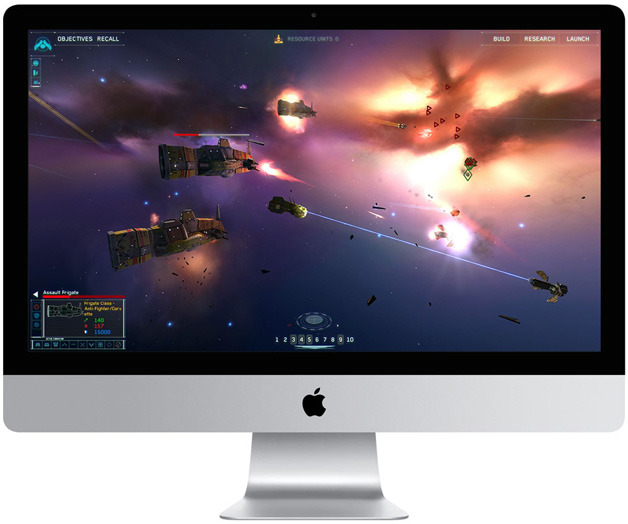





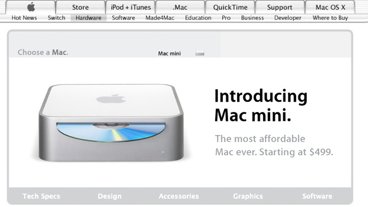
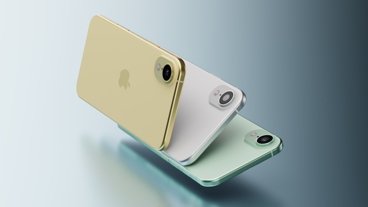
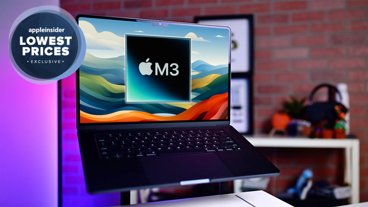
-m.jpg)





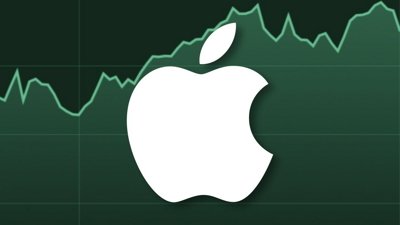
 Marko Zivkovic
Marko Zivkovic
 Wesley Hilliard
Wesley Hilliard
 Malcolm Owen
Malcolm Owen


 William Gallagher
William Gallagher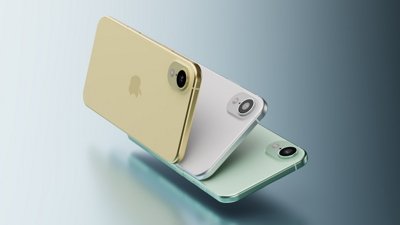

 Andrew Orr
Andrew Orr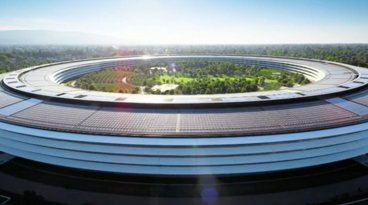









61 Comments
No mention of LiquidSky or similar services?
This really turns the table on gaming. LiquidSky hasn't released their Mac client, but will be in a month or so. I've already been able to use that service to play Steam and Uplay games on a crappy Acer PC that could never play those games by itself...but can do it flawlessly with LiquidSky. All you need is broadband.
For the amount I use it, it is very cheap to use, and after only a few weeks I'm certain I will never buy another Mac or PC with "gaming" in mind.
Why?
Because high-end gaming rigs generate high-margin sales.
Why not?
Because the high-end gamer market is a tiny niche.
The fact is, Apple should offer top tier performance options, not just for gaming, but for pro developers, video and music. There are many that are willing to pay the premium for Apple's generally superior quality and aesthetics. Apple's lack of leading edge enhancements to it's Mac product line is really inexcusable and embarrassing. I also fear Apple is falling way behind in the "Cloud" market. This market is starting to impact the consumer market, which is where Apple lives and thrives. By ignoring this growing area, they are leaving themselves vulnerable.
Surprised to see external graphics cards not mentioned here. These are now supported fully by the new MacBook Pro, and I expect any future Macs. Thunderbolt 3 is what makes it possible for a top-end GPU to connect via a USB(-C) cable.
This is great for Mac-owning gamers because historically CPU and RAM requirements evolve slowly in games, with a machine from many years ago still quite capable in that regard. Conversely, you might want to upgrade your GPU much more often. And now you can, while still keeping your all-in-one Mac laptop or desktop.
It also opens up the tantalising possibility of having a laptop that you can use on the go, but dock it at home with a beefy external GPU and connected to a full monitor/keyboard/mouse set-up. It's like a super expensive version of the Nintendo Switch.
Next Article should be why Apple should refocus on media professionals. We have more digital creators than ever now, and Apple is very limiting on the concepts of external GPUs, CPU clusters/nodes, and better thunderbolt docks (current makers are have silly port combinations)